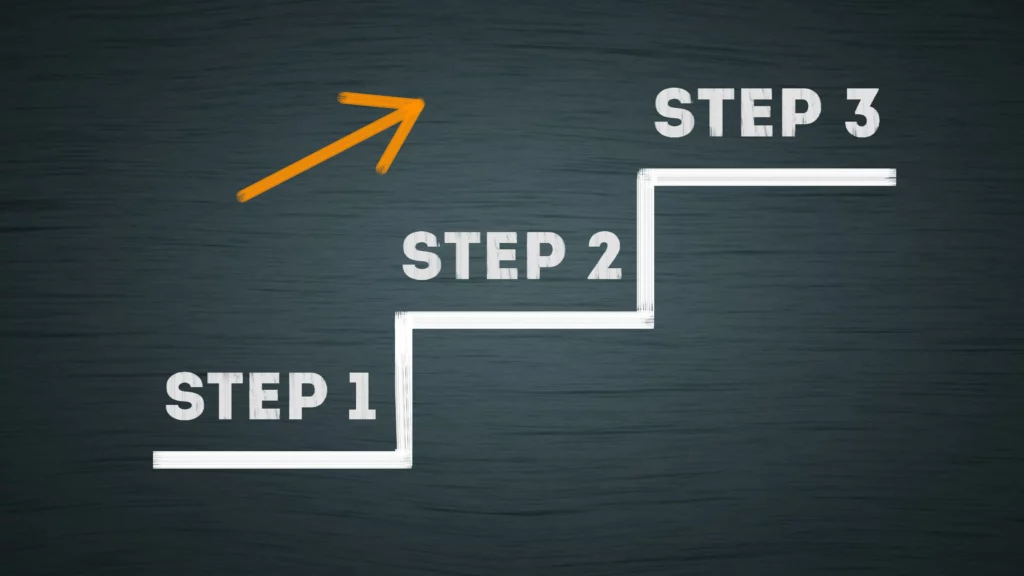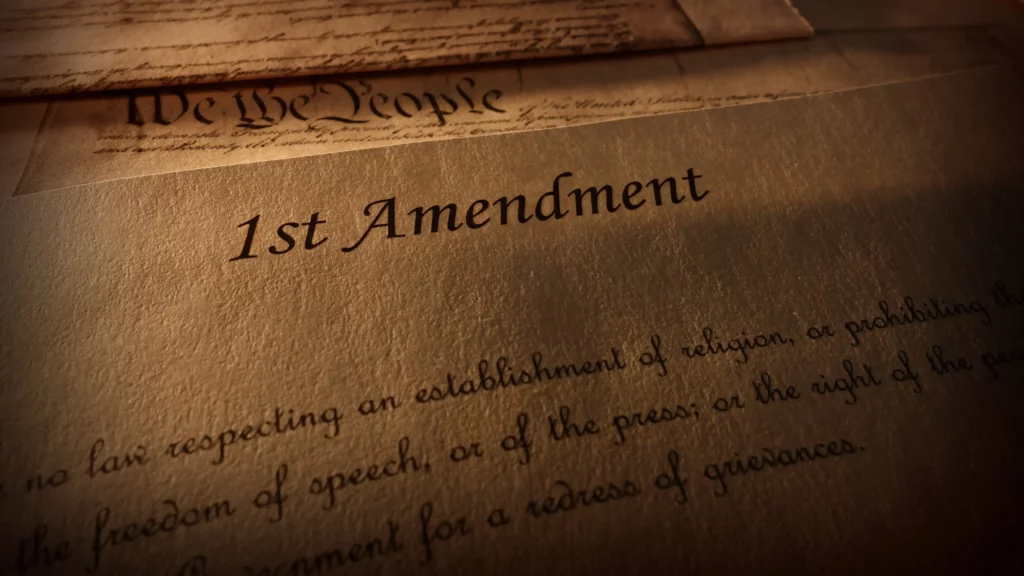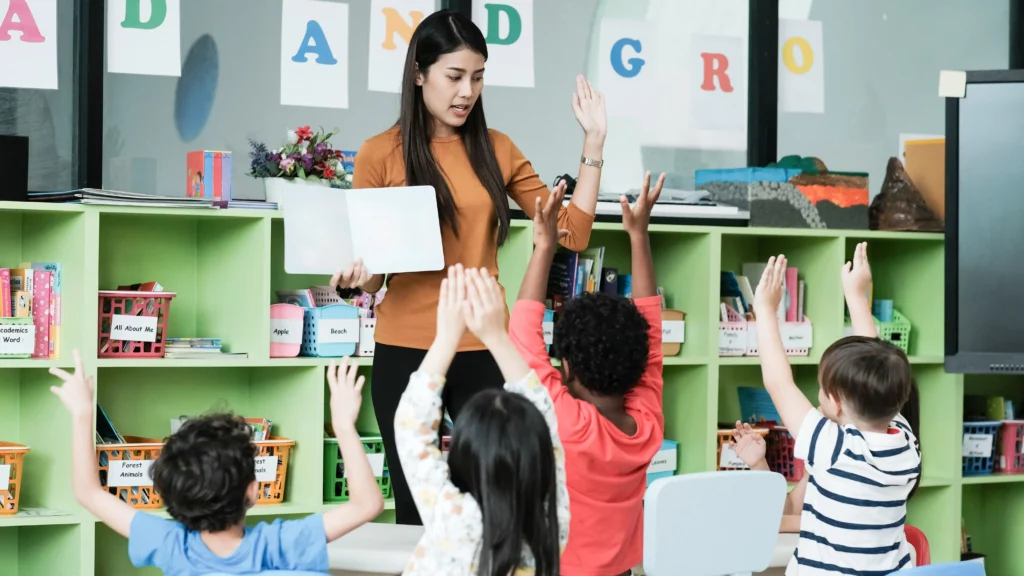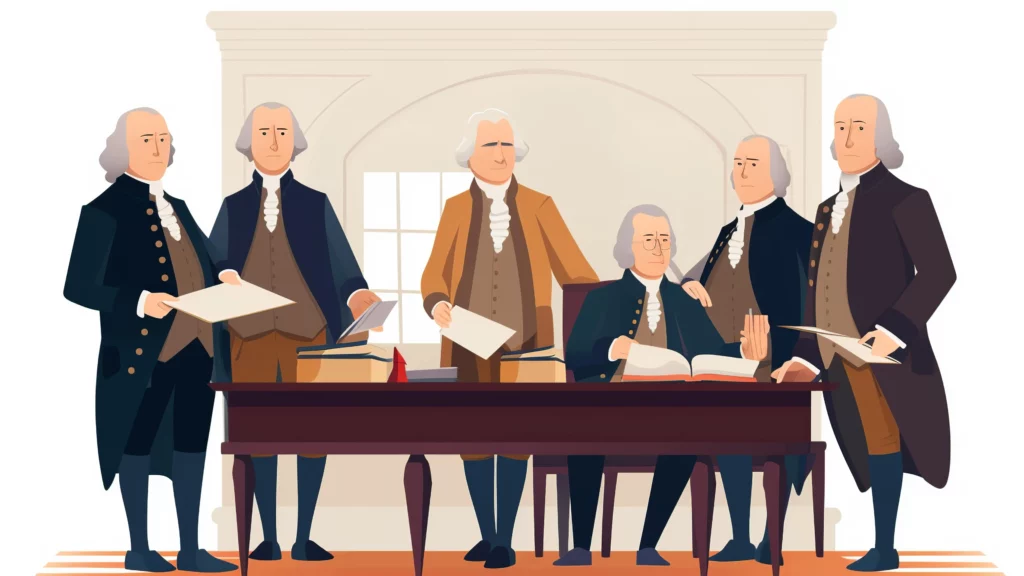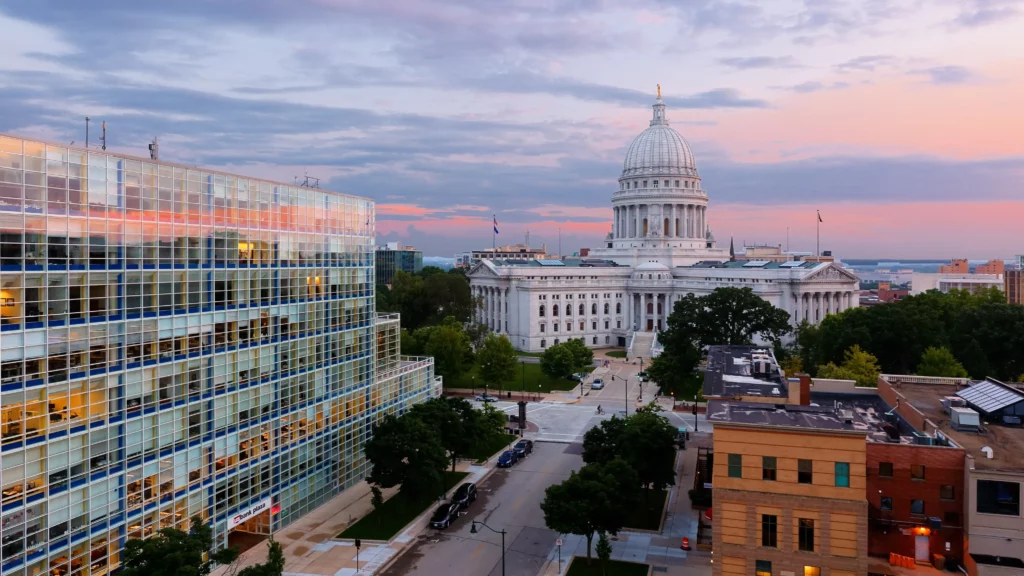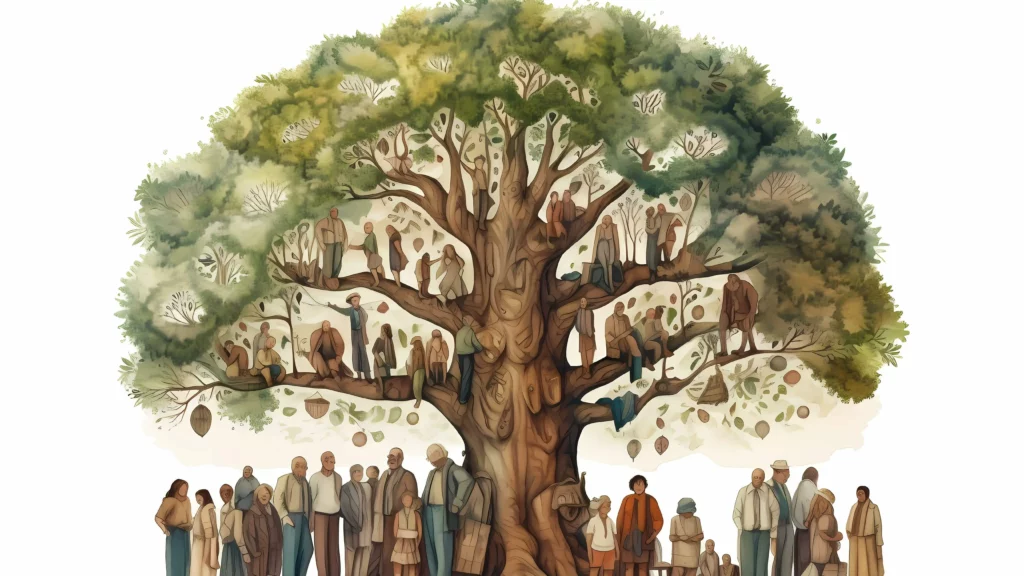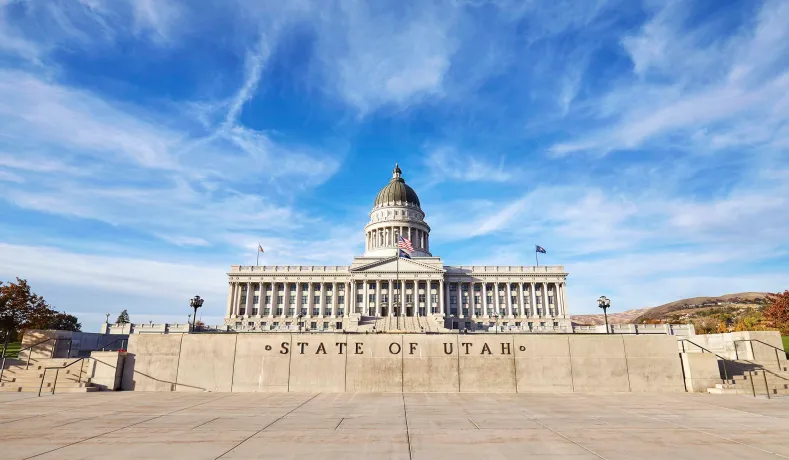

Insights & Takeaways is Sutherland Institute’s official blog that informs the public and policymakers alike. The blog addresses important issues through the two distinct yet complementary lenses of the seasoned policy professional and the engaged citizen.
 Insights: analysis, research, and informed commentary from Sutherland experts. For elected officials and public policy professionals.
Insights: analysis, research, and informed commentary from Sutherland experts. For elected officials and public policy professionals.
 Takeaways: the most important things voters need to know. For civically engaged citizens.
Takeaways: the most important things voters need to know. For civically engaged citizens.
Promises to defend the Constitution come with strings
How can a voter know if an elected official is actually keeping their promise? Here are some points from the oath of office.
Why the stalled contraceptive bill does not mean access is threatened
Recent Utah primary election debates included a surprising topic – contraception. The debate for Senate candidates included a question on access to contraception and IVF, and one of the candidates for attorney general discussed it.
The secret recording of Alito reveals something — but not about Alito
Cooler heads have not prevailed. Instead, gossip and eavesdropping masquerading as news have been treated in some media outlets as a story worthy of sustained interest.
Questions to candidates in debates reflect high interest in education choice
In both the gubernatorial and attorney general debates, candidates were asked about the lawsuit challenging Utah’s universal education choice program.
Q&A: Mail-in voting and Utah’s election process
How is Utah ensuring transparency and security in its elections? Sutherland’s Derek Monson has the answers.
Where could the success sequence fit in Utah academic standards?
Sutherland is reviewing the Utah Academic Standards and curriculum to find ways to bring this information to students in their prime decision-making years.
Justice Alito is right to not recuse over flag flap
The court’s role is not to deliver on the policy goals or political aims of other branches of government. The justices are charged with interpreting and applying the Constitution and other laws as written.
Ruling on teacher’s firing shows how clear laws could help keep religious entities out of court
Appeals court cites “ministerial exception” in a dispute between a former teacher and a Catholic high school in North Carolina.
Policy objections to scholarship program don’t affect its constitutionality
The state courts are a forum for legal and constitutional reasoning, not a second chance for failed lobbying.
Here’s why the First Amendment’s religion clauses are not in conflict
Some suggest there is a tension between protection for the free exercise of religion and the prohibition on the establishment of religion. But a better take is to see the two clauses as congruent.
What would a parent-teacher ‘handshake’ look like in Utah?
This partnership does not allow either party to pass blame entirely to the other. There is no scapegoat, only opportunities for either party or both to work on the factors within their scope.
How Utah is supporting teachers
As Utah policymakers adapt to the needs of students, their policies have been proactive toward teachers’ needs as well.
Civics Refresher: What is federalism?
Utah was recently ranked No. 1 in the country for federalism. What is the history of federalism and what does it mean?
Curriculum transparency: a burden or benefit for teachers?
Increasing access to curriculum might make students and parents better partners with teachers and may preempt conflict with parents about sensitive topics in class.
Wisconsin inserts itself into deciding what is ‘religious enough’
A recent Wisconsin court decision said the state’s Catholic Charities Bureau is not religious enough to qualify for an exemption from an unemployment insurance mandate.
The influence of family on student outcomes
Webinar co-hosted by Sutherland helped participants examine how family impacts education, health and human flourishing.
How Utah Has Turned Religious Freedom from a Controversy to a Consensus
Utah leads the way in averting religious-freedom conflicts through consensus protections.
How to get curriculum transparency right for teachers
Being transparent about instruction can help teachers accomplish what they naturally desire: professional growth and improved teaching outcomes.






